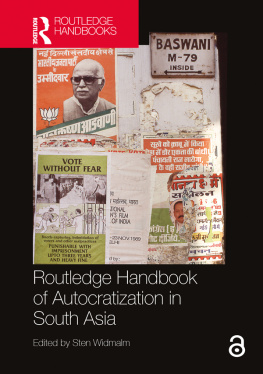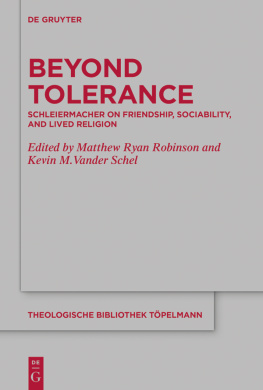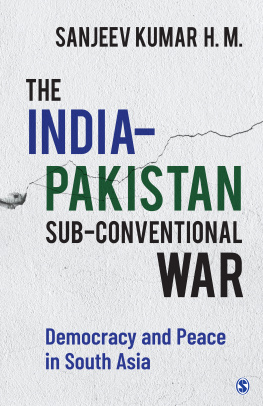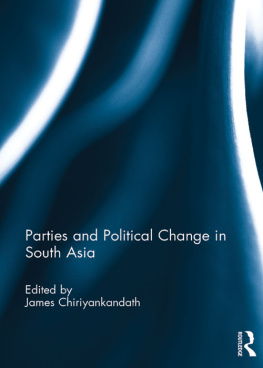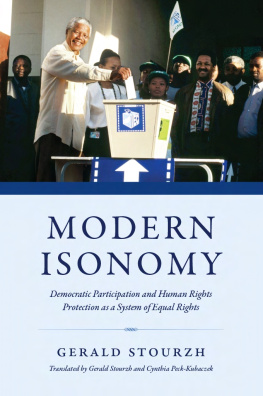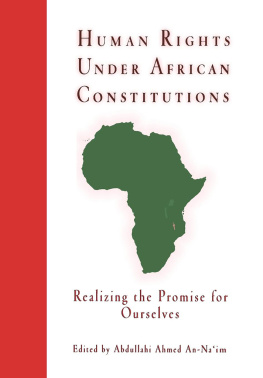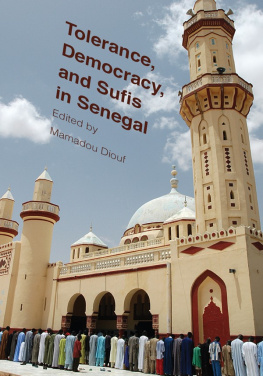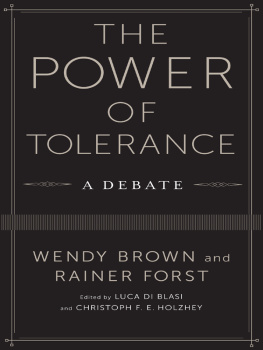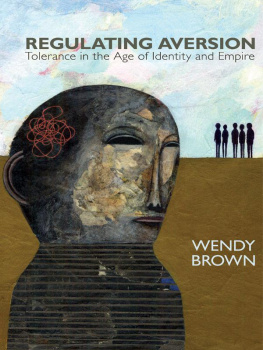
Political Tolerance in the Global South
What makes people agree to the extension of political rights to those they clearly dislike? This book moves beyond the extensive research on this question in western contexts to focus on the global south, offering unique empirical studies of political tolerance in plural societies where poverty is prevalent and democratic institutions can often be fragile.
Based on extensive data gathered in India, Pakistan and Uganda, this volume offers an account of the factors that shape the foundations of a society and its capacity to be democratic, but where the need for the protection of human rights is great and where the state is either weak or even constitutes a counter-force against the rights of individuals and groups. Combining large scale survey data with in-depth interviews in each national setting, the author exemplifies the great variation of factors which are related to political tolerance, shedding light on the fundamental patterns existing in the organization of statesociety relations and the ways in which they produce certain results owing to the manner in which the forces of modernization operate.
A broad and empirically informed study of what shapes the foundations of a democratic society in modernizing nations, Political Tolerance in the Global South will appeal to scholars of sociology and political science with interests in democracy, human rights, diversity and tolerance.
Sten Widmalm is Professor in the Department of Government at Uppsala University, Sweden. He is the author of Decentralisation, Corruption and Social Capital: From India to the West and Kashmir in Comparative Perspective: Democracy and Violent Separatism in India.
Political Tolerance in the Global South
Images of India, Pakistan and Uganda
Sten Widmalm
First published 2016
by Routledge
2 Park Square, Milton Park, Abingdon, Oxon OX14 4RN
and by Routledge
711 Third Avenue, New York, NY 10017
Routledgeis an imprint of the Taylor & Francis Group, an informa business
Sten Widmalm 2016
Sten Widmalm has asserted his right under the Copyright, Designs and Patents Act, 1988, to be identified as the author of this work.
All rights reserved. No part of this publication may be reproduced, stored in a retrieval system or transmitted in any form or by any means, electronic, mechanical, photocopying, recording or otherwise without the prior permission of the publisher.
Trademark notice: Product or corporate names may be trademarks or registered trademarks, and are used only for identification and explanation without intent to infringe.
BritishLibrary Cataloguing in Publication Data
A catalogue record for this book is available from the British Library
Library of Congress Cataloguing in Publication Data
A catalog record for this book has been requested
ISBN: 9781472476470 (hbk)
ISBN: 9781315601236 (ebk)
Typeset in Times New Roman
by Out of House Publishing
This book is dedicated to Martha Farrell and all of those who, like her, lost their lives because they tried to build a more tolerant society.
Contents
Figures
Photographs
All photographs, unless explicitly stated otherwise, have been provided by the author, Sten Widmalm.
Tables
This research project took some time to get off the ground. For years I applied for funding together with colleagues, but without success. Eventually Glasshouse Forum, led by Kay Glans and funded by Robert Weils Proventus, came to our aid. The financial support was important, and the psychological boost was even greater. The project finally took off with an inspiring start. This was followed by a very important planning grant from the Swedish Civil Contingencies Agency, and then project support on a larger scale from the Swedish Research Council and the Swedish International Development Cooperation Agency (SIDA). Over the years, the TOLEDO project has been based at the Department of Government, Uppsala University. We have worked with partners in India (Samarthan in Madhya Pradesh), in Pakistan (the South Asian Resource and Research Center, SARRC) and in Uganda (the Socio Economic Data Centre and Makerere University). I and my colleagues are very grateful for the support we have received from all these organizations. The support from the Department of Government, Uppsala University, where the project is based, and the external funders made this project possible.
When the research was carried out for this book, the TOLEDO project was being run by Sven Oskarsson and myself at the Department of Government, Uppsala University. The project owes very much to Sven Oskarssons work. We have published together on the results from the project, we plan several publications based on the data to be collected in the future, and together we keep the TOLEDO project running as a place to go to for researchers interested in this particular kind of study. About two years ago, Sven and I decided together that if there was to be a book from this project, the best solution would be for me to write it alone. Sven is a very successful researcher who is involved in several other projects, which would not allow the time needed for a book authored by both of us. Also, we acknowledged that we would pull in very different directions in terms of the focus of a book. So, making this book single-authored was the solution. However, I want to express my gratitude for Svens support, his endless intellectual input and, above all, his friendship, which has made the project as successful as it has been. In the coming chapters I have provided references for all the results and publications we have produced together that are vital for the understanding of the many findings presented here. It is I, however, who has sole responsibility for what is stated in this book and the conclusions that are drawn in particular those that concern the systems of governance and character of the societies in India, Pakistan and Uganda.
The book owes an enormous amount to our partners and respondents in the countries where the surveys were conducted. Without them the project would long ago have ground to a halt. The project is indebted to all the people who patiently and altruistically participated in all the interviews and surveys that were carried out. I am very grateful to all the people who have worked on the TOLEDO project in India, Pakistan and Uganda, who have helped me and Sven prepare the design of the study, done all the translations, managed to provide solutions for the extremely difficult sampling challenges, held the preparatory interviews, conducted the in-depth interviews and collected all the survey responses on which the study is based. They did hard work on the ground and we hope that their participation with us has given important knowledge in return. The friendships that developed will never be forgotten. In Samarthan, we want to thank Yogesh Kumar, Chanchal Modi, Harsh Verma and Binu Arickal; in SARRC, we think especially of Ahmad Salim and Humaira Khan Mari; and in Makerere University we are indebted to Narathius Asingwire and Joseph Kiwanuka.
This project has also benefited greatly from the help and support of many others. All the computer issues were solved with the helpful staff at Dooblo in Israel and Peter Knutar at the Department of Government, Uppsala University. Three assistants Yulia Zherlygina, Axel Dalman and Serajes Salakeen worked very hard to collect the information for the media overviews and sources for the background to the cases. TOLEDO has received continuous intellectual input and support from colleagues in many parts of the world. For various reasons, not all can be listed here. However, in India I want to mention Nani Gopal and Mohan Bera (Tata Institute of Social Science), George Mathew (Institute of Social Science), Binoy Acharya (Unnati), Shashtri Ramachandran (DNA) and Rajesh Tandon (PRIA), and in Pakistan, Anjum James Paul (PMTA). In Uganda and Kenya I have benefited from the work and advice of Mudenda Elijah and Mose Auyeh. In Sweden, I am very grateful for the support of Karolina Hulterstrm (Sida), Magdalena Inkinen (Hgskoleverket) and Karl-Oskar Lindgren at my own department, who were part of the project when there was


